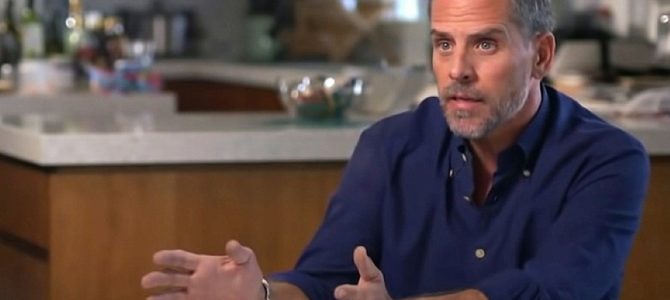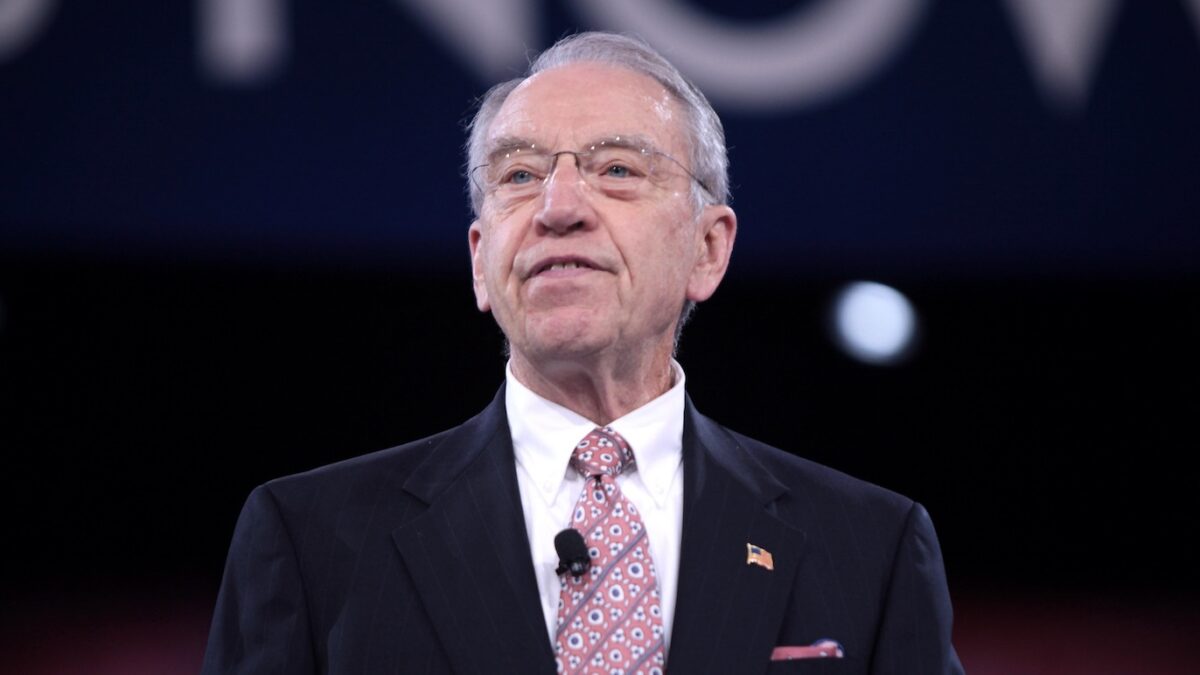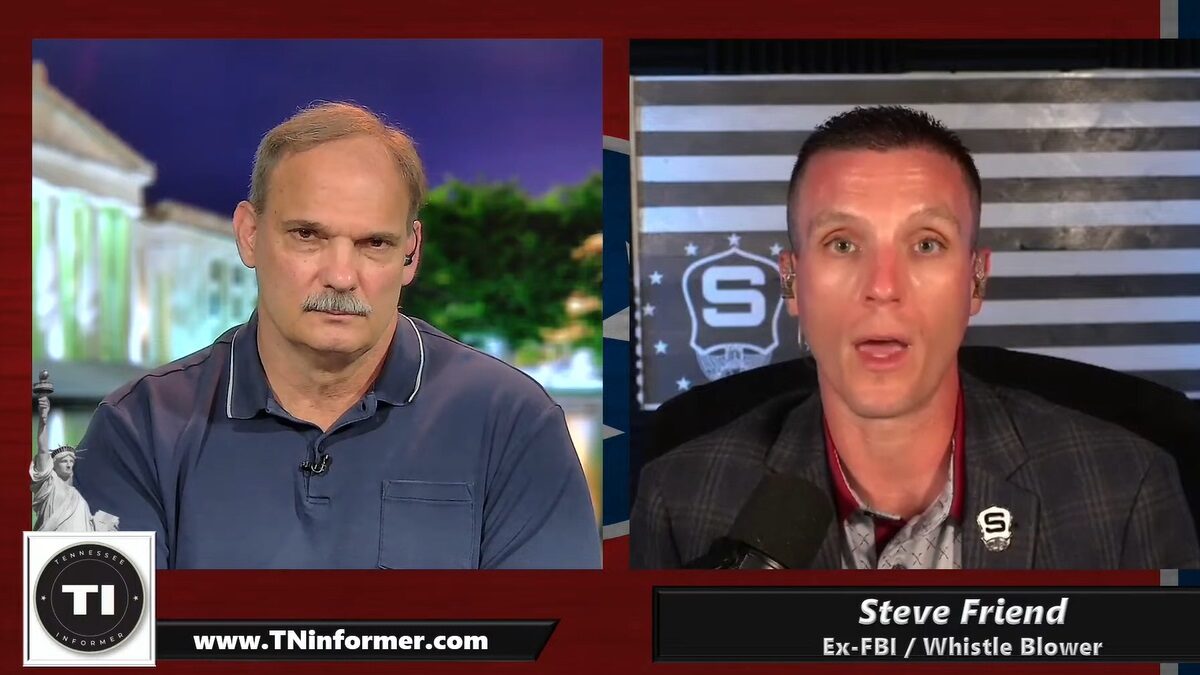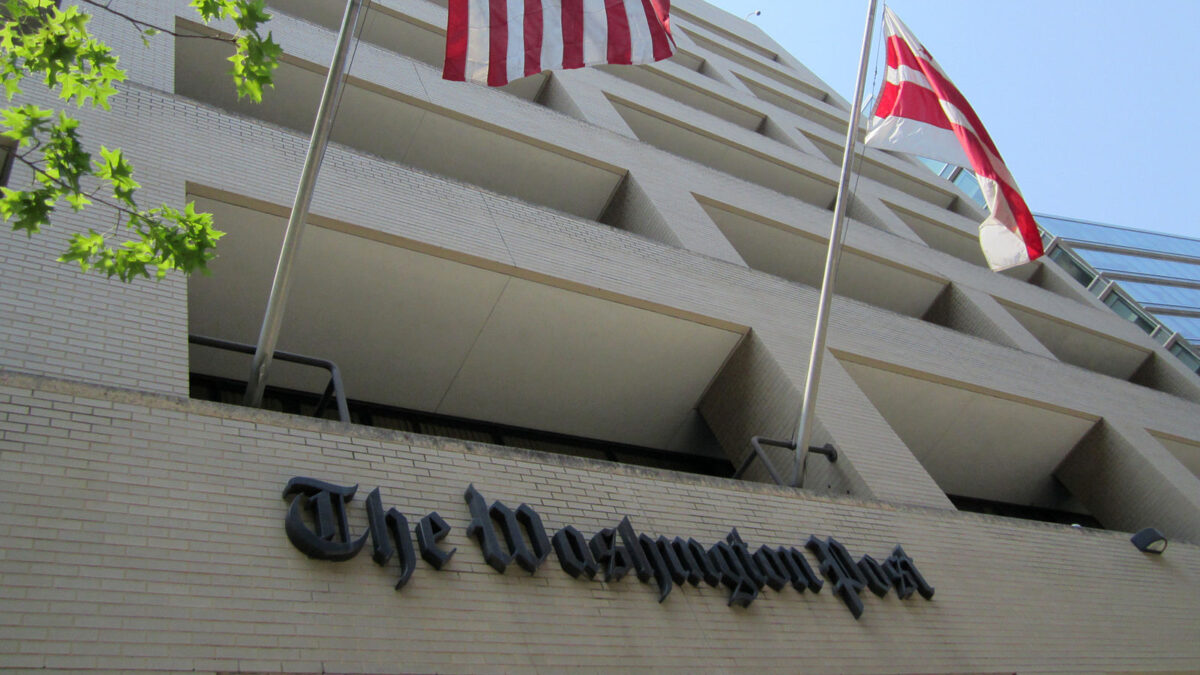
Since the New York Post’s revelations that communication on Hunter Biden’s reported laptop detailed attempts to secure compensation from Ukrainian and Chinese energy firms, candidate Joe Biden has avoided commenting on the matter, other than labeling the story “another smear campaign.”
Despite Biden’s general protestation, his campaign has not denied the authenticity of the emails, nor of a text from Hunter in which he apparently expressed frustration at having to “pay for everything for this entire family for thirty years,” and telling his daughter, “It’s really hard, but don’t worry, unlike pop, I won’t make you give me half your salary.”
It’s not clear what these and other similar communications recovered from the laptop mean, and whether they implicate Joe Biden for certain, although a former business associate of Hunter Biden’s says they do. Regardless, emails from the laptop reveal Hunter has been quite busy working for the family.
One email from the laptop dated April 13, 2014, provides a glimpse into Hunter’s alleged world of foreign deal-making, using his father as leverage, as he negotiates a new agreement with the Ukrainian oil company Burisma that “should begin now — not after the upcoming visit of my guy,” and stating a requirement for “a retainer in the range of 25k p/m with additional fees where appropriate.” He also clarified that this would be in addition to compensation already agreed to for his board participation.
Another email dated May 13, 2017, contains a discussion of “remuneration packages” for a deal with CEFC China Energy Co. including equity splits of “20” for “H” and “10 held by H for the big guy?” — numbers representing percentage shares expected.
Later in August, Hunter Biden was apparently working another CEFC deal that was to pay him more than $10 million per year “for introductions alone.” According to the Hunter Biden business associate, Tony Bobulinski, “The big guy,” “my guy,” and “chairman” all were names that Hunter used for his father.
“Hunter Biden called his dad ‘the Big Guy’ or ‘my Chairman,’ and frequently referenced asking him for his sign-off or advice on various potential deals that we were discussing,” wrote Bobulinski, confirming that the identity of “the Big Guy” in a May 17, 2017 email published in the New York Post earlier this month is a reference to Joe Biden. The same email showed Hunter Biden was being offered a $3 million a year contract from a Ye who possesses deep ties to the Chinese Communist Party for “introductions alone” where 10 percent was flagged to be set aside for “the Big Guy.”
If this is true, it all adds up to a lot of money. While questions abound over what a guy with no experience in the energy sector did to earn such compensation — and how his influential father may have helped in that regard — another key question deserves an answer: “Where’s Hunter’s money?”
Truly, it’s a critical question as we fit the pieces of the puzzle together and seek to learn if any of it ended up in Joe Biden’s pocket. If Joe Biden did indeed receive money from his son, as these emails and texts suggest, then if it was handled according to legal technicalities, it must have flowed through his tax returns.
In the media buzz surrounding President Donald Trump’s tax returns, Joe Biden’s tax returns have largely escaped scrutiny. Joe Biden earned almost twice as much in 2017 as in the prior 19 years combined.
While former Vice President Biden did release his federal tax returns from 2016 to 2019, these are essentially shell documents with no detail regarding the majority of his income earned since leaving office. In total, $13.5 million of the Biden couple’s $17.0 million flowed to their tax returns via upstream S Corporations: CelticCapri Corp (his), and Giacoppa Corp (hers), with over 90 percent from his entity.
It was reported that their S Corporations were set up in the weeks after Joe Biden left office, to collect income from their book deal with Flatiron Books (a division of Macmillan), a contract that required two books from Joe Biden and one from his wife. Financial terms were not disclosed, but Joe Biden’s public financial disclosures do provide detail of $4.2 million of revenue from 53 book tours and speaking engagements over the period since his memoir, “Promise Me, Dad,” was published in late 2017.
While his financial disclosures reasonably support the $2.7 million of net income reported by CelticCapri in 2018, a notable $8.7 million gap exists between its $9.5 million net income in 2017 and the $809,709 of disclosed income in that year from book tour and related speaking events. Since his disclosure covers only part of 2017, we lack the insight into other income that may explain it.
For a book deal that Publisher’s Weekly estimated at $8 million, it’s possible Biden received a substantial advance from publisher Macmillan. Ultimately, his new book sold about 300,000 copies. His wife’s book sales reported 7,000 copies sold and an eye-popping $1.2 million of net income reported from Giacoppa. The commitment for the third book remains unfulfilled.
So, how much revenue came into CelticCapri in 2017, and how many expenses were paid to yield $9.5 million net income? Did sources flow through it that have not been disclosed?
Prior news reports rationalized the Bidens’ use of S Corps as a means of reducing their Social Security and Medicare taxes, a not uncommon tactic of taxpayers with substantial income from non-W-2 sources. At this time, however, we can’t determine if any foreign income was reported through CelticCapri. Its tax returns are protected by state and federal financial privacy and disclosure laws, which require the consent of the filer to be released.
We also don’t know how much income from foreign sources has flowed through Hunter Biden’s bank accounts. We do know some of the content of the emails on that laptop was verified by a recipient. We do have a statement from Director of National Intelligence John Ratcliffe that the emails are not the work of a foreign disinformation campaign.
Furthermore, multiple law enforcement sources recently confirmed that the FBI seized Hunter Biden’s laptop in late 2019 as part of a federal money-laundering investigation, although the agency declined to move forward reportedly based on how the material was obtained. As such, the need for the Department of Justice to take a look at his accounts and those of his associates becomes clear.
Tellingly, later in that aforementioned emailed from April 13, 2014, Hunter included a list of 22 bullet points for his business partner, Devon Archer, including, “Buy a cell phone from a 7/11 or CVS tmrw and ill do the same,” noting, “we need to have a plan on how we develop a corporate entity or LLP that allows us to draw on funds generated here to free us from existing (under-producing current commitments) and to build our own investment and expansion strategy.” Managing the flow of money can be difficult for those who feel the need to use “burner” phones.
Voters deserve to know if a candidate for the American presidency was involved in any of this. Will a media never shy in seeking to know what’s “hidden” in a president’s tax returns now demonstrate enough curiosity to ask a few questions of Joe Biden?
Voters deserve to know if Biden still stands by his statement that he “never discussed” his son’s business dealings. Voters deserve to know if he did or did not exert influence on behalf of foreign companies who paid his son. Voters deserve to know if Biden was aware of the amount of Hunter’s foreign earnings.
One question rises above all: “Where is Hunter’s money?”









